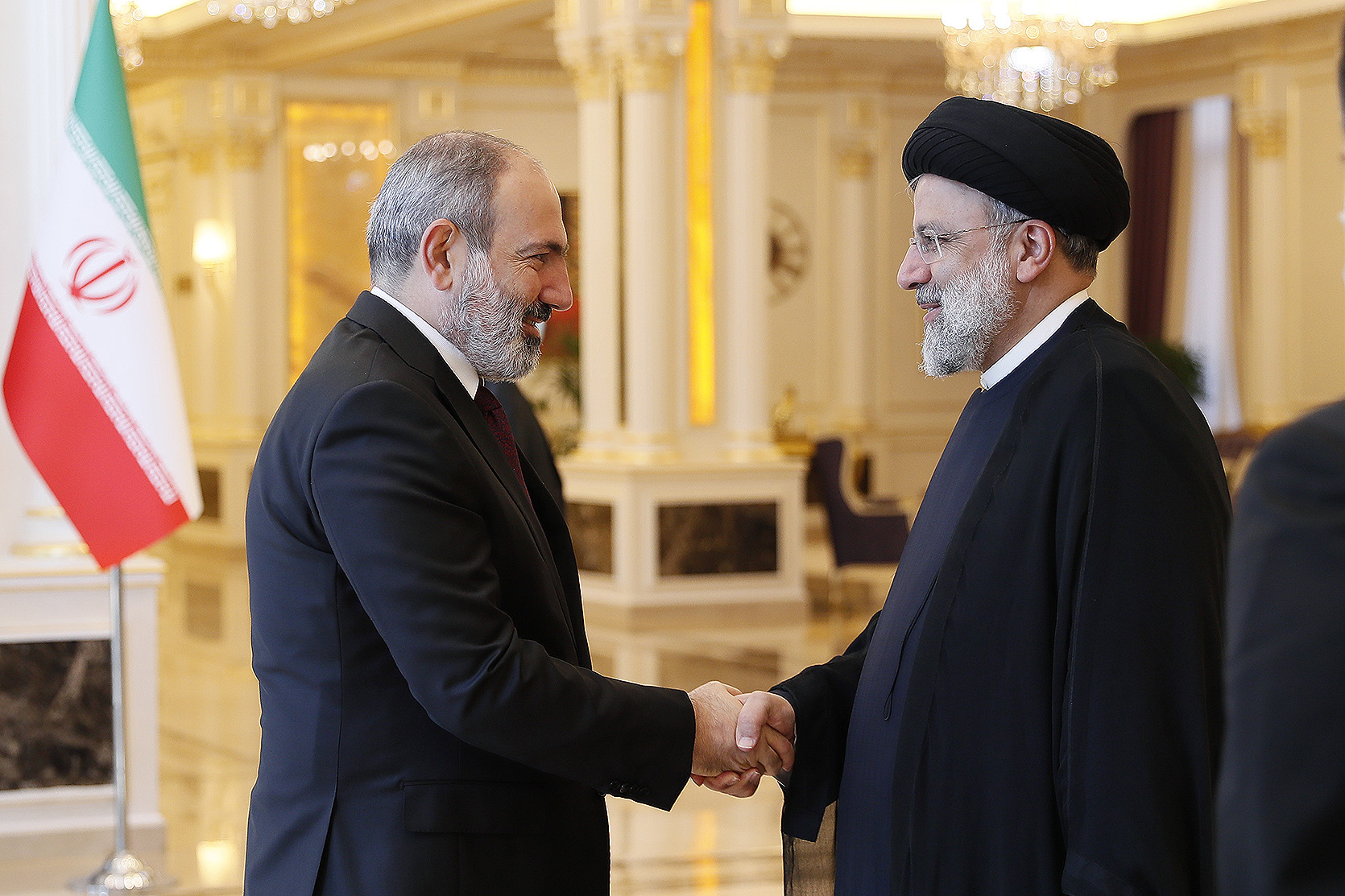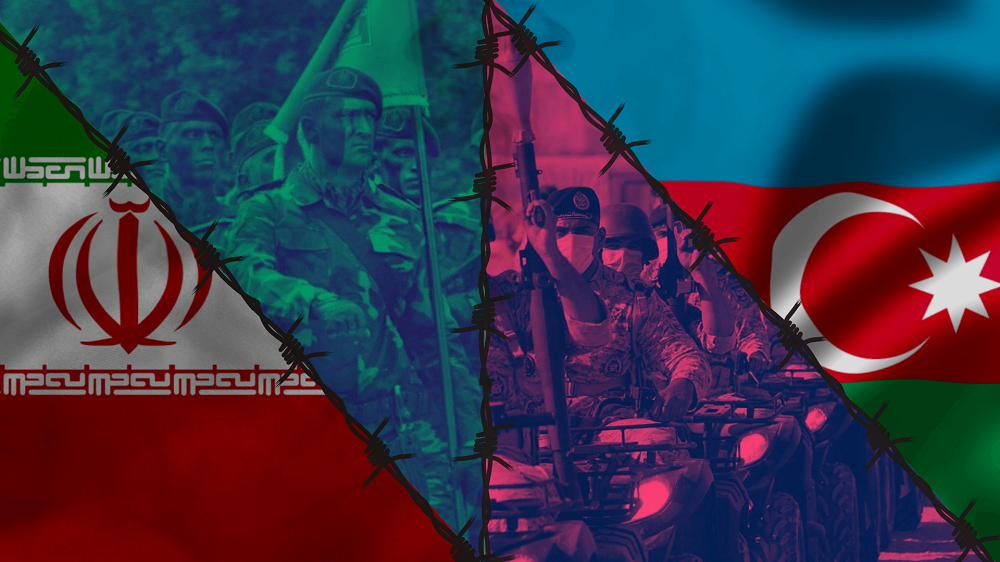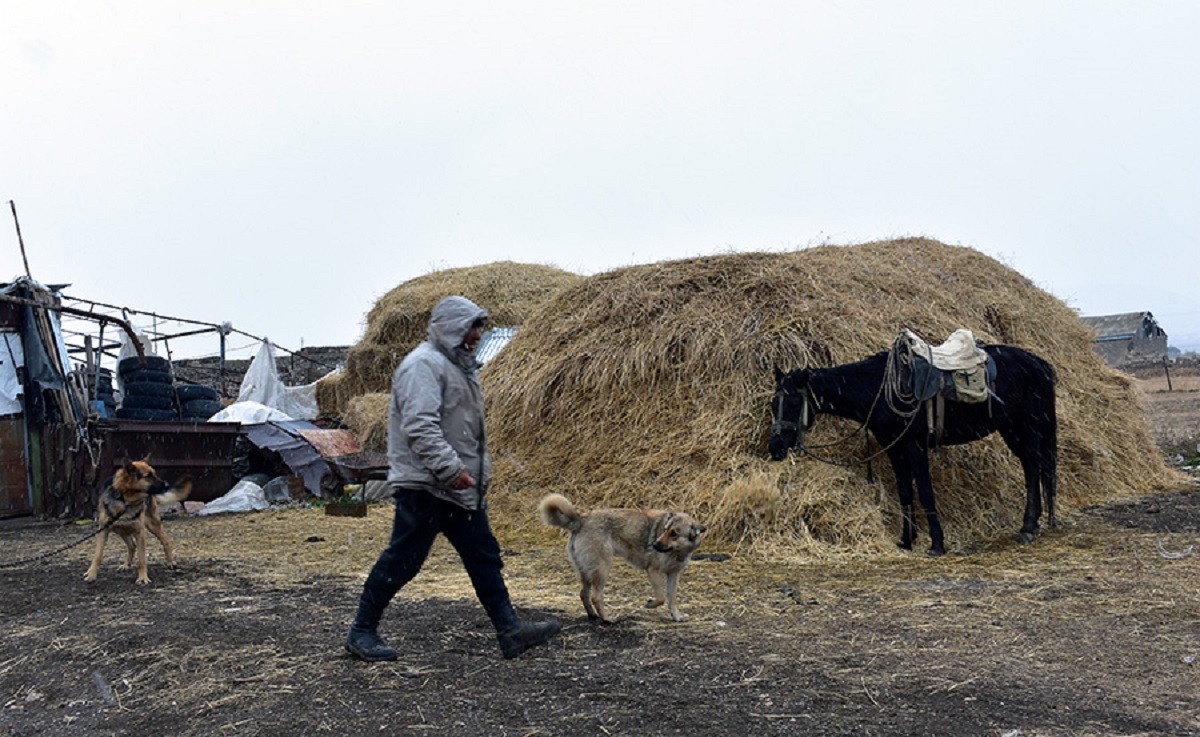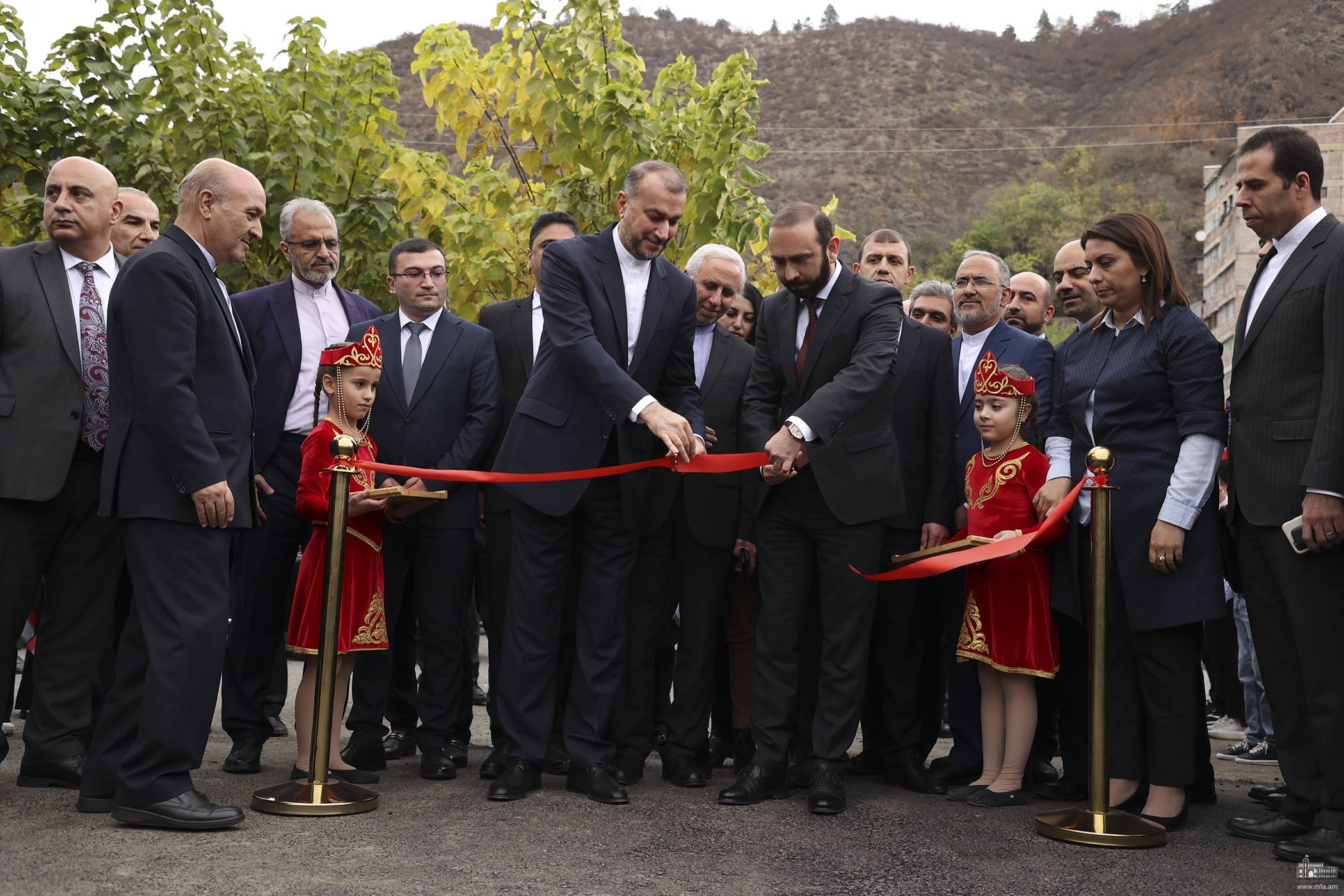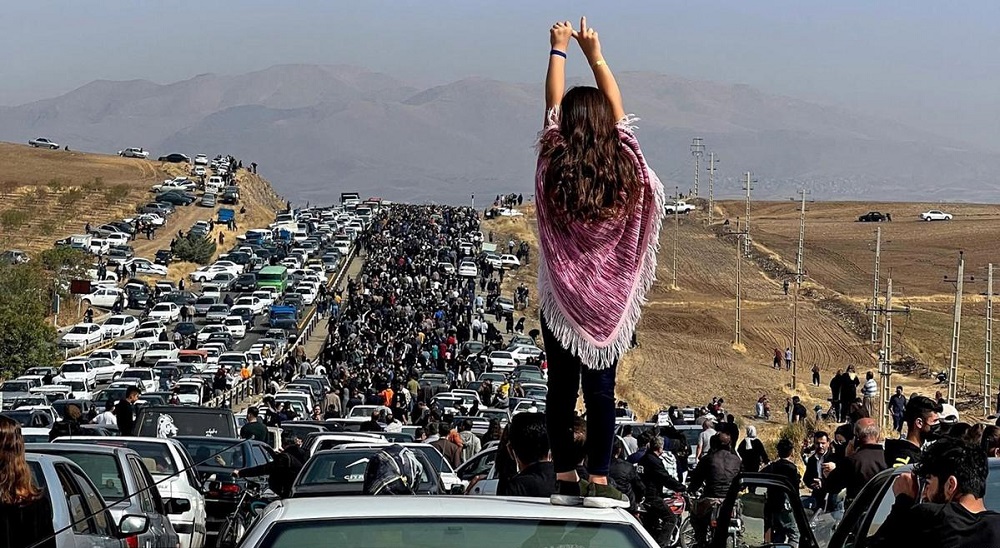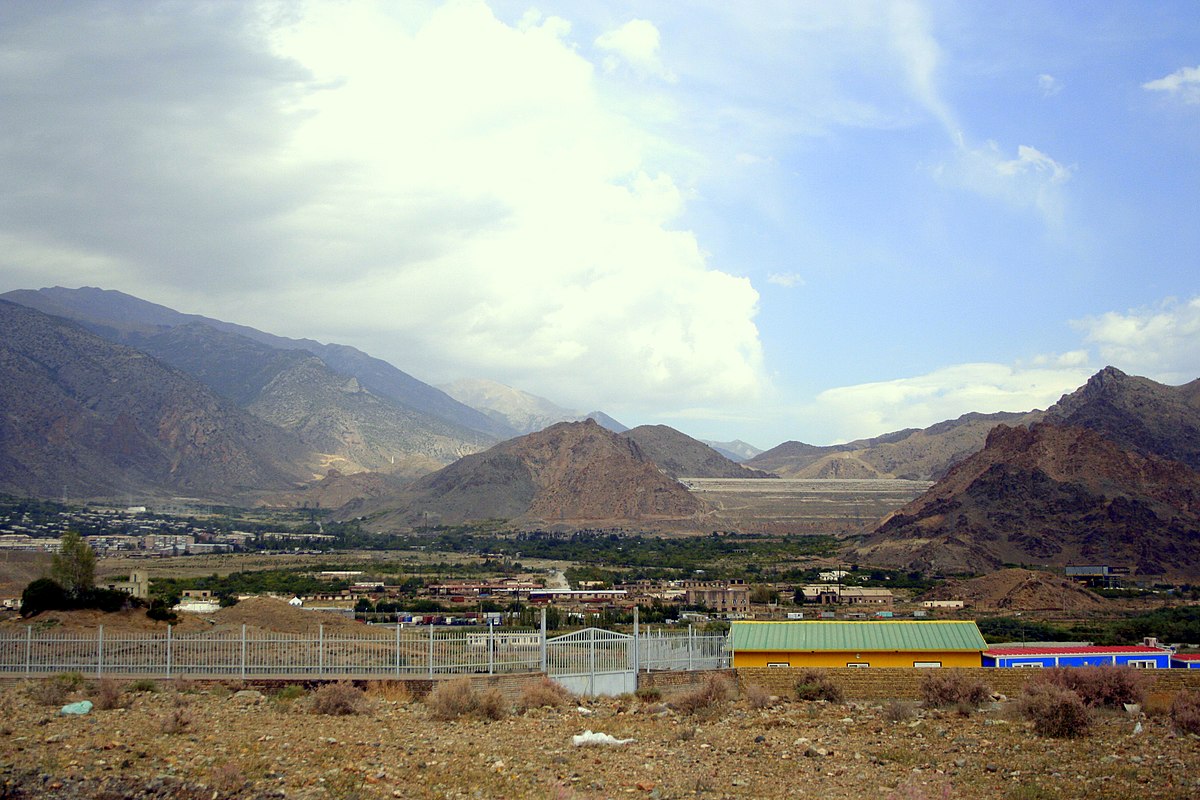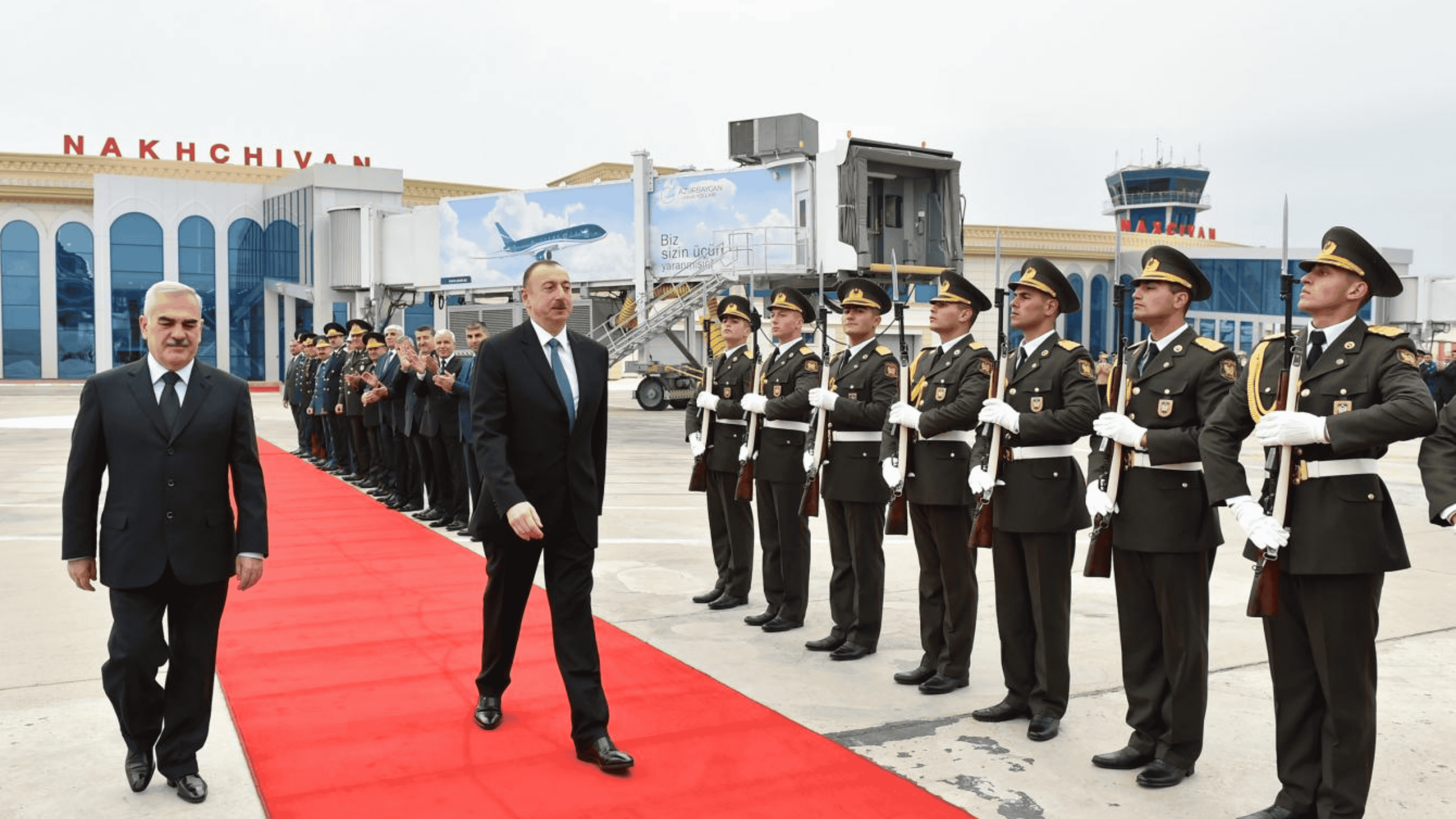Will there be a war in Iran, and how might this threaten Armenia? Opinions
Iran and Armenia
In Armenia the alarming situation developing around Iran is of concern, as it creates risks for Armenia as well. Armenian experts believe that any shocks in Iran are not in the interests of Yerevan. They say that the risk of war given recent rapprochement between Iran and Russia and the sale of Iranian drones to the Russian Federation.
A series of powerful explosions occurred on the night of January 29 at military facilities in Iran. Among those hit by rockets is a factory that made drones many sources say are being supplied to Russia to fight the war in Ukraine. Some Western media reported that Israel was behind the strikes.
In the Armenian expert community, recent events in Iran have brought to the for discussion of the so-called “Zangezur corridor”, a road through the south of Armenia on the border with Iran which will connect Azerbaijan with its exclave Nakhichevan. Azerbaijan–Turkey insist on having a “corridor”, that is, a road that Armenia will not control. Yerevan categorically refuses to take this step, offering any route through its territory, but with the preservation of its sovereign rights.
The President of Azerbaijan has repeatedly stated that Armenia will be forced to provide an extraterritorial corridor, “whether it wants it or not.” And this is perceived in Armenia as a “threat to break through the road by military means.” Iran is also categorically against the corridor. Some Armenian experts are sure that this is Tehran’s red line, but if Iran is drawn into a major war, Baku may be tempted to take advantage of the situation and get its corridor by force. Others believe that the guarantor of the territorial integrity of Armenia is not Iran, but norms of international law.
- Azerbaijan and Iran on the warpath?
- Lavrov: “The West is eyeing Moldova for the role of the ‘next Ukraine’, Georgia is resisting”
- Abkhazia refuses entry to co-chairs of Geneva discussions
Zhanna Vardanyan, Iranist
Information attack
“There have been similar attacks on Iran before, especially from Israel, in the form of various kinds of sabotage, in particular on nuclear and other strategic facilities for the production of UAVs, missiles, etc. The last attack cannot be compared with the previous either in scale or in the amount of harm caused. It’s just that this attack was accompanied by a powerful information attack of allegedly many explosions in different cities of the Islamic Republic.
In fact, the attack on the Ministry of Defense factory in Isfahan was officially confirmed. On the same day, there was a fire at a factory for the production of motor oils in the city of Sahid-Shalimi. Iran denied information about other explosions.
This powerful flow of disinformation came from the Arab, Israeli, Turkish and Azerbaijani media, and they were not confirmed in authoritative American publications, which spoke of only two incidents.
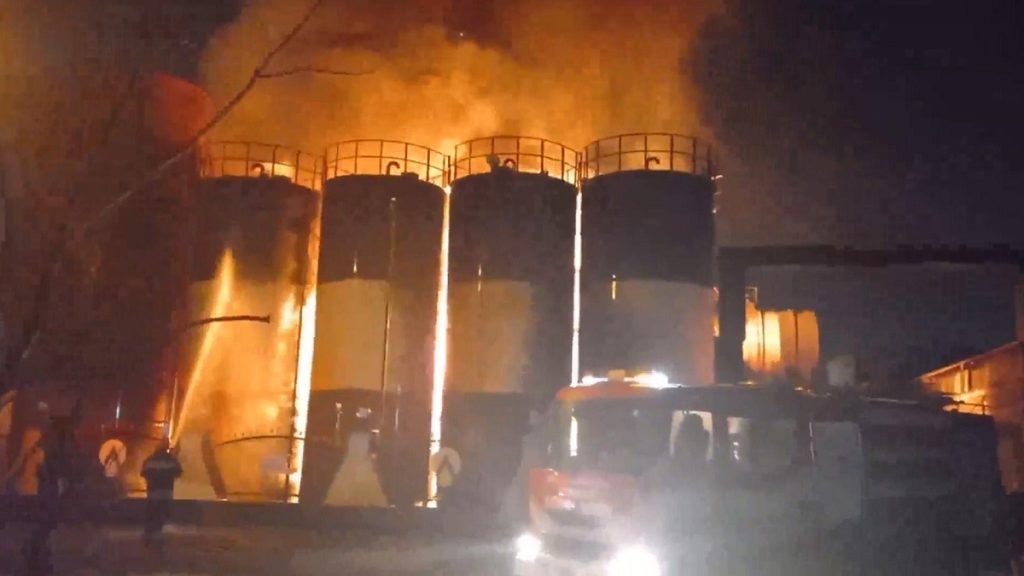
Azerbaijani involvement
“The attack on the Azerbaijani embassy in Tehran the day before the drone strikes is personal in nature. Azerbaijan managed to seize the opportunity and turn everything against Iran, again through powerful propaganda. In this, Baku received support from Israel and Britain. This is evidenced by the first meetings of Azerbaijani officials immediately after the attack on the embassy, namely presidential aide Hikmet Hajiyev with the ambassadors of Israel and Britain.
These countries may develop a plan of some kind of action against Iran, from propaganda and information warfare to assistance in sabotage.
Tehran has already accused Azerbaijan and Israel of attacking Iranian facilities from the territory of Azerbaijan, although Baku denied this.
That is, the involvement of Azerbaijan in this sabotage is possible given its obvious anti-Iranian position, but most likely not from its territory. The attack on the Iranian facility was carried out in Isfahan with the help of quadcopters, so it is likely that it was carried out by local agents. Isfahan is located in the center of Iran, and it is unlikely that these quadcopters could fly there from Azerbaijan.”
Inviolability of the Armenian-Iranian border
“Iranian-Azerbaijani relations have been aggravated in recent years due to the position of the Islamic Republic of Iran on the issue of the Armenian-Iranian border. Of course, there have been tense periods between now, but it never reached such a peak.
Iran’s clear and categorical position regarding the territorial integrity of Armenia and the “corridor” through the Armenian city of Meghri led to serious problems with Azerbaijan. In view of this, Baku is trying to put pressure on Iran, neutralize it on the corridor issue. And the attack on the Azerbaijani embassy was an excellent reason to turn everything against Iran, present it as a terrorist country, raise the issue of some international mechanisms, etc.
Months earlier there was a larger attack on the Azerbaijani embassy in London, but there was no such reaction from Baku as in the attack on the embassy in Iran.”
Test of strength
“In general, the situation around Iran as well as inside the country is quite tense, so any scenario is possible. If the circle continues to narrow, if the attacks continue, there will be various kinds of sabotage, then the situation may lead to Iran simply not being able to respond to various developments, including along the Meghri corridor.
It’s not that Iran can abandon its red lines, but that it can lose its influence. This can only happen in the worst case scenario. For example, if Armenia finds itself in a situation similar to the Syrian events. Iran may then try to make mutual concessions with other players and get its share.
The inertia and inaction of Armenia, the inability to defend its borders, territorial integrity and security of the country on its own can lead to the Syrian scenario. If Armenia continues to weaken, it could be divided between Turkey, Azerbaijan and Iran. This is the worst case scenario.
The way out of the situation for Armenia may be the opportunity to straighten up in a short time, stand up for its own security and take advantage of the support of countries with which it has common interests.”
Will there be a war in Iran?
“Iran has been threatened by war for a long time, and in the past they also talked about the great risks of war, but still there’s been no war. War in Iran was either delayed or avoided, or it was of a different nature. Today the situation in the Islamic Republic is tense, and the same mechanisms are being used: information warfare, sanctions, and minor sabotage in Syria, Iraq, Lebanon against pro-Iranian forces.
If there is a war in Iran, it will completely divert Tehran’s attention from Armenia, it will be busy with his own problems. And then perhaps Azerbaijan and Turkey would take advantage of the situation and attack Armenia. In any case, war on Iran is not in our interests.”
Who can attack Iran?
“Azerbaijan is already sufficiently involved in the anti-Iranian campaign, but the sides have so far refrained from a real war, taking into account the likely consequences. After all, not just Azerbaijan and Iran will fight, but in that case Turkey, Israel and the West will take an active part.
War in Iran is not beneficial not only for Armenia, but also for Russia, which has found a good partner in Iran in its isolation. Iran for the Russian Federation is an opportunity to circumvent sanctions. Moreover, Iran itself has many years of experience of sanctions behind it. Therefore a weakening of Iran is not in the interests of Russia. Of course, in a number of issues Iran and Russia are rivals, but in countering the West they are natural allies.”
Andrias Ghukasyan, political scientist
Norms of international law – guarantor of Armenian-Iranian border
“Iran going to war with Israel is unlikely, as would be Azerbaijan’s participation. The states are not ready for this. What is happening today are elements of a hybrid war manifested in sabotage.
There is no Iranian red line on Armenian territorial integrity. There are norms of international law. But in Armenia there is propaganda that there are no norms of international law, and Azerbaijan can wage war and occupy [the southern region of Armenia] Syunik. The situation with Iran does not give Azerbaijan a reason for aggression against Armenia.
The fact that Iran did not retaliate against the drone attacks shows that the Iranian authorities have not made a final decision about whether to break off relations with the West and engage in a military confrontation or seek diplomatic solutions to difficult issues.”
Iran and Armenia










